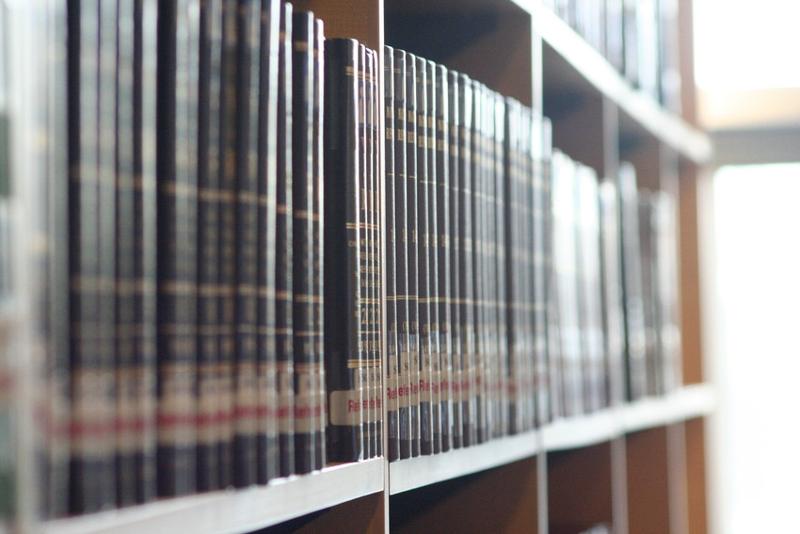1.3 What is the difference between plagiarism and cheating?
I am confused about the idea of plagiarism. I understand that it is stealing someone else's words or ideas, but how can you steal words and why is that even wrong?
At universities, people create knowledge and information. If you use their words and ideas without citing and referencing them, it is stealing. This type of stealing is called plagiarism or "literary theft" and is one of the most serious offences in the academic community
and is one of the most serious offences in the academic community . When you use someone else's words and ideas (other intellectual property), you must give credit to the author by using an in-text citation or footnote and a reference. The use of other people's work must be properly acknowledged and referenced in all written material. When you do not include a citation and reference, your reader will assume that the words and ideas are yours (UOIT Policy pp. 35).
. When you use someone else's words and ideas (other intellectual property), you must give credit to the author by using an in-text citation or footnote and a reference. The use of other people's work must be properly acknowledged and referenced in all written material. When you do not include a citation and reference, your reader will assume that the words and ideas are yours (UOIT Policy pp. 35).
Then, how is plagiarism different from copyright violations?
Often plagiarism and copyright violations overlap, but plagiarism is when you claim someone else's words and ideas as your own. You can violate copyright laws even if you give credit to the original source
even if you give credit to the original source of the work you are using. For example, if you were to photocopy a significant portion of a textbook and post it online with the author's name but without the publisher's permission, you would be violating copyright laws but not committing plagiarism.
of the work you are using. For example, if you were to photocopy a significant portion of a textbook and post it online with the author's name but without the publisher's permission, you would be violating copyright laws but not committing plagiarism.
You are allowed to use small excerpts from copyrighted materials without violating copyright laws, but you must always provide a full bibliographic reference and a citation. According to the university: "Copyright holders may require a particular citation style or certain information be excluded. For example, licensed library databases or creative commons licenses may have specific requirements listed." So always be careful to look out for specific guidelines outlined by the copyright holders in sources you're consulting.
and a citation. According to the university: "Copyright holders may require a particular citation style or certain information be excluded. For example, licensed library databases or creative commons licenses may have specific requirements listed." So always be careful to look out for specific guidelines outlined by the copyright holders in sources you're consulting.
For more information on copyright go to: http://www.uoit.ca/sites/library/about_the_library/uoit-library-policy-and-related-documents/copyright-guidelines.php
I understand what plagiarism is now, but is there more to plagiarism than just copying and pasting someone's words/ideas? Are there different types of plagiarism?
Of course! Plagiarism can take on numerous forms, some of which are as followed:
- Copying and Pasting portions of text from a document, article, etc. into your own work and not giving credit
- Self-Plagiarism through the resubmission of previous work that you have submitted for another class and are reusing that same work or a major portion of it to be submitted for another course. You can think of this as Recycling Assignments!
- Buying Papers Online
- "Borrowing" Information
- Improper Citations and Referencing. This would include: not citing sources or citing them incorrectly, using sources without giving a citation or giving an incorrect citation, not quoting or paraphrasing correctly, not documenting all your sources or creating sources that don't actually exist
- Following an author's writing style too closely
- Failing to properly integrate work that is not your own into your document, research, assignment, etc.
- Collaboration on assignments meant to be done individually (i.e., unauthorized collaboration)


